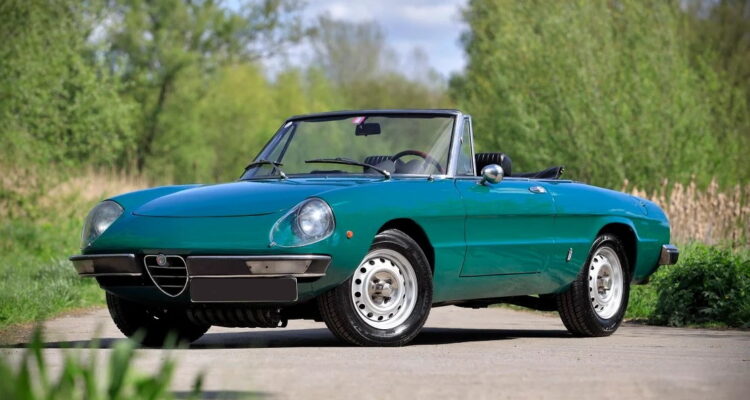Classic Car Workshops – Get The Best
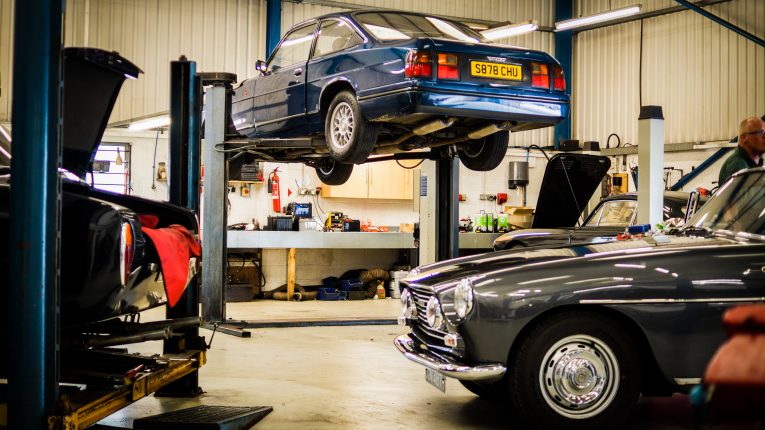
Graham Eason owns and operates Great Driving Days & Classic Fixers. And in doing so, he has built up a wealth of experience, both as a customer and as a classic car garage owner. With that in mind, Graham is keen to explain what you need to do in order to ensure you find the best garage to look after your classic. So, Graham, over to you…
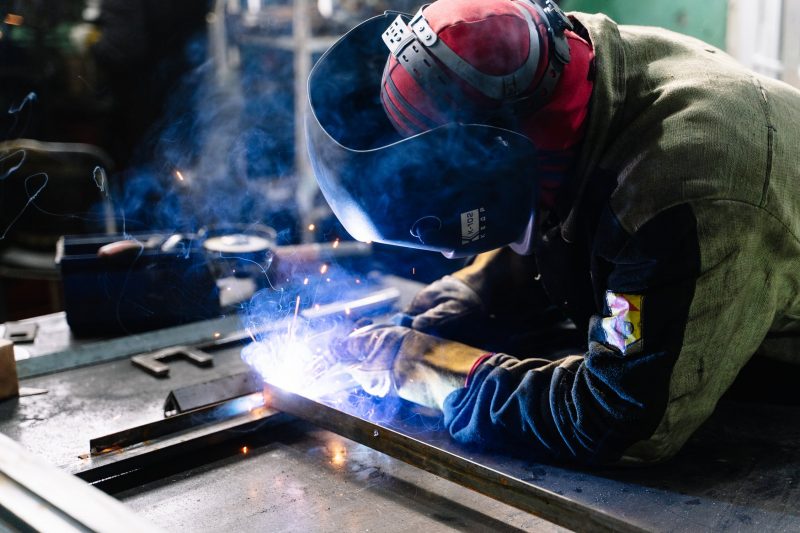
Classic car workshops, to borrow the well-worn phrase about history, can feel like a different country. They do things differently there. They talk a different language. They perhaps converse in grunts and sighs. They perhaps don’t seem overjoyed to see you. It’s nothing personal, of course. More a case of these businesses sometimes being stuck in the past a little, after all, they exist to service the cars of yesteryear. They’re not clean-cut and full of machines that go ‘ping’ like a modern garage.
Classic car workshops are hugely knowledgeable. Customer service is not always high on their list. And why should it be? Most classic car workshops do a very, very good job because they’re run by people who are very, very passionate about what they do. The service is found in a job done well, not in a fancy coffee machine or a clinically white waiting room full of LED TVs.
Now that I’ve been on both sides of the workshop fence – as customer and supplier – I’ve learned that there are a number of ways that the customer and workshop can help make the process of fixing and restoring an old car smoother and simpler for both parties.
-
Who uses them?
Finding a good workshop that you can trust is the first challenge. Talk to fellow owners, they will be better than any online review. They’ve been there, they have spent their hard-earned money and they will be more than happy to tell you if you should do the same. Go to workshop open days and talk to the mechanics. They’ll be off guard, they’ll be having a day to enjoy the fruit of their work. They won’t be trying to answer your questions while trying to fit a clutch to a TVR. This is the time to get them. The best workshops don’t have to advertise which means you need word of mouth recommendations.
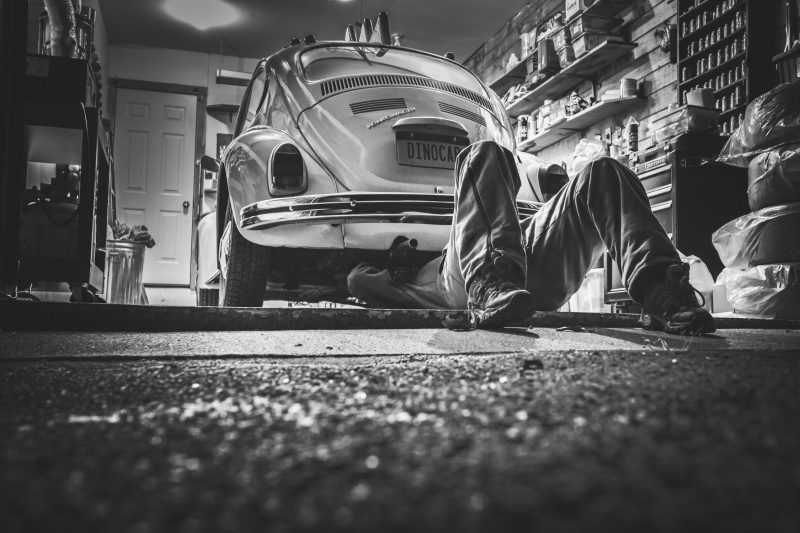
-
Are they experienced?
The fundamentals of four wheels and an engine are common to most cars. But every car is different. Find out what experience the workshop has with your car. While a workshop new to your car may be able to fix it, it may take them longer to do so and therefore cost you more. Their lack of knowledge should not be your cost. This is why it’s worth searching for a brand specialist – there are many out there. Garages have always been keen to concentrate their efforts on one brand, and it’s these garage that are bursting at the seams with knowledge and ability. If such a garage isn’t available to you, try and find a garage that’s long established, and with it, one you can apply the tips of point one too.
-
Be Clear
Both parties need to be clear what the job is and, in particular, how much it will cost. Too much repair work is done based on verbal discussions only. Write down the issues you have with your car and talk through them with the specialist. Ask for a quote of the work, ideally broken down by issue. If necessary prioritise the work so that you can budget accordingly. Old cars will throw up problems along the way, that’s par for the course. However, if you can at least get a baseline of work required and with it, a ballpark cost, you’re going to save yourself the awkward situation of the bill spiralling out of control.
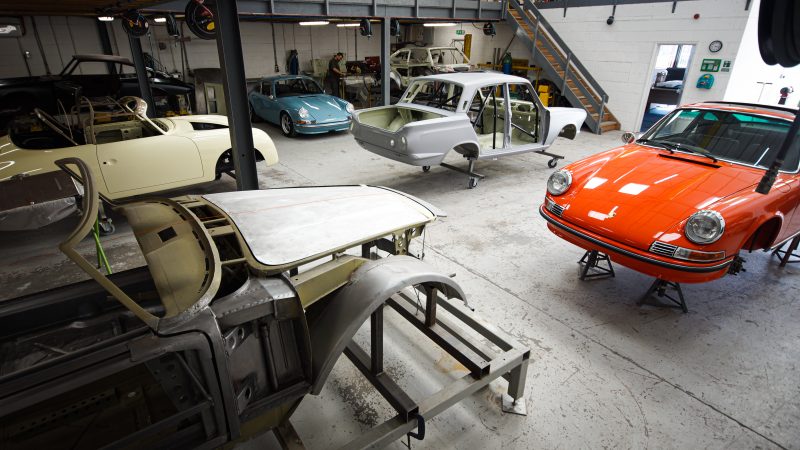
-
Build a relationship
A mechanic is a doctor for cars. And like your own doctor, the better he knows you, the better he can diagnose you. The same is true of your classic car. But the mechanic should be less invasive, and hopefully will only need rubber gloves for car related matters.
When you find a good classic car workshop, stick with it. A mechanic who knows your car is invaluable. It will save time – and also money – on successive repairs because they will know what they did last time. This narrows down the range of problems next time you take it in and means they can work around repairs they did themselves, rather than learning someone else’s fixes.
So make it clear when you use them that you are loyal to them. This benefits everyone.
-
What do they recommend?
When you take your car to a workshop, be open. Show them the car. Ask them what they think. Be clear about how you intend to use the car – a daily driver, an occasional weekend cruise, a high mileage hack – and ask for their advice on maintenance and modifications. This will give you a feel for their knowledge and approach and help the workshop understand what you need from them.
A good workshop will provide an honest and fair assessment of your car.
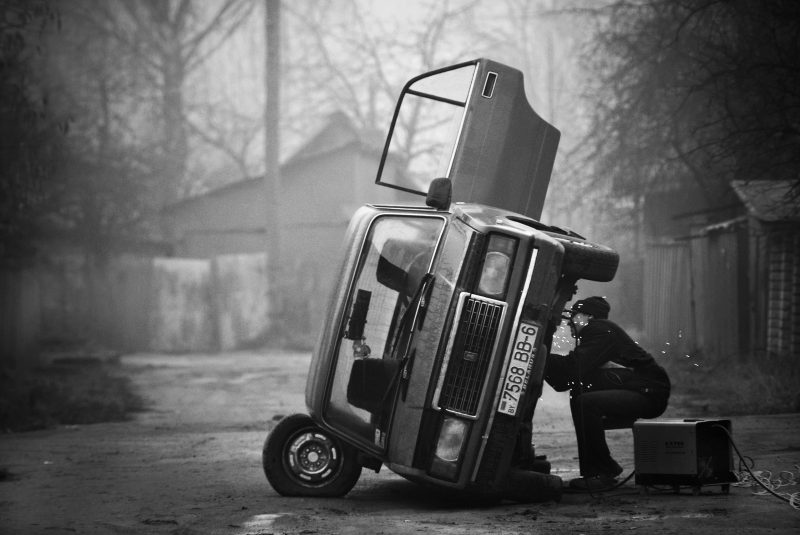
-
Set boundaries
If you’ve been clear about the work and got a quote you’re halfway there. Establish how long the work will take and what the workshop requires from you – some may want you to buy the parts, others may ask for a deposit. Check what the timescale relies on – often parts supply or competing workshop jobs can push back deadlines.
-
Stay in touch
Most workshops won’t want you pestering them, but that isn’t the same as keeping in regular contact. Arrange to visit throughout the work – don’t arrive unannounced, pre-arrange this so that the workshop is ready and able to chat, rather than you arriving in the middle of a pressing job on another car. The garage won’t thank you for that.
Regular contact means you are kept updated on how things are going. Major jobs often involve extra work – you can assess and discuss this as it happens.
Simple, effective project management is the key to getting the best out of a workshop. The nature of the classic car repair sector means that in most cases it is down to the customer to do that. Try it and see what a difference it makes.
Graham Eason owns and runs Great Driving Days & Classic Fixers, where you can hire classics, or have yours repaired and/or restored.

